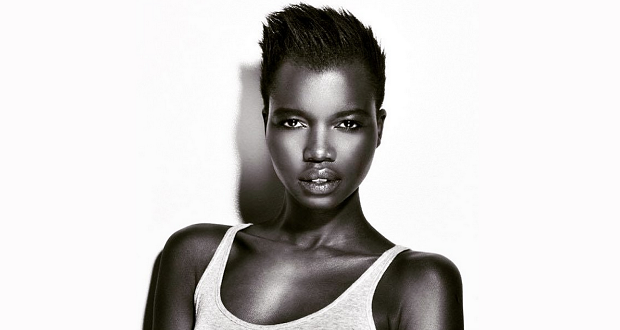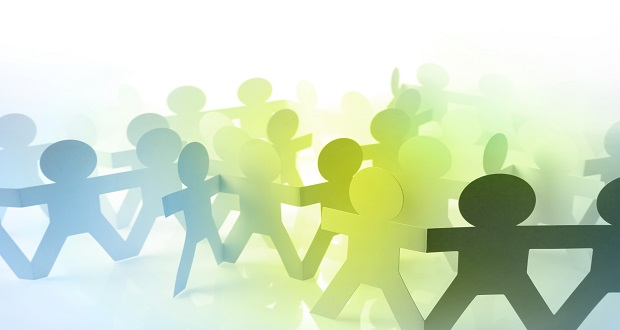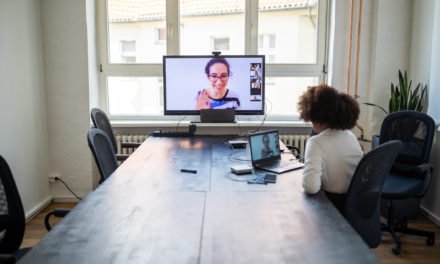
Photo courtesy of Instagram
“Dear white people in the fashion world! Please don’t take this the wrong way but it’s time you people get your shit right when it comes to our complexion,” African model Nykhor Paul recently wrote on Instagram. The Sudanese model berated makeup artists for asking her to bring her own cosmetics to fashion shows and photo shoots because they lacked products for her dark skin.
“Why do I have to bring my own makeup to a professional show when all the other white girls don’t have to do anything but show up?” Paul asks. “Don’t try to make me feel bad because I am blue black.” Paul goes on to cite numerous brands that make products for her skin tone before continuing her assault: “A good makeup artist would come prepare [sic]…Stop apologizing it’s insulting and disrespectful to me and my race it doesn’t help, seriously! Make an effort at least!”
Paul goes on to complain about not getting booked because of her race and is “definitely super tired of apologizing for my blackness.” She ends by asking: “Why can’t we be part of fashion fully and equally?”
That the fashion world hates black people is not a secret—because it’s not actually true. Sure, 80 percent of models cast for Fall 2015 shows were white, but that doesn’t mean the industry is racist. The lack of diversity in the field stems less from overt attempts to shun people of color and more from the inertia of laziness. Behind their veil of eccentricity and flamboyance, fashion folk are just like you and me—they fear change and tend to stick to what they know (and what they know sells). Some designers will even explain a lack of dark skin on their runways because they want to maintain a certain unified aesthetic.
As fashion critic Robin Givhan pointed out in an interview with The Fashion Spot, “I think human nature has us gravitate to those who are like us. So until diversity exists at the most fundamental and earliest stages in our lives, I think diversity in our adult, professional lives will be a challenge.”
Givhan continues: “Part of the reason I think it remains challenging is because of our fundamental belief in what defines classic beauty, at least the Western version of it. Everything else is a riff on that—subverting it, pulling away from it. But the standard is the blue-eyed blonde. Fashion also has to find a use for personality on the runway. Once individualism is more highly prized, diversity will be, too.”
Meanwhile, I’ve always found it odd that some observers are occasionally quick to point out that the fashion world actually embraces diverse models. Just look at the February issue of UK Vogue! It featured the first black model alone on its cover in 12 years! And in March, Rihanna became Christian Dior’s first black model to lead a campaign!
These are significant not because they point to fashion’s inclusiveness but because they remind us of the lack of it. One black model on a magazine cover is hardly an image of diversity, and Rihanna is a celebrity not a model. Similarly, I hope that one of these days a black model strutting a catwalk or appearing on a magazine cover is no longer such an anomaly. The more color, the better! Something that makeup artists should keep in mind, too.


![Global D&I Trends: LGBT[QIA]: Emptying the Closet](https://theinclusionsolution.me/wp-content/uploads/2016/10/clasped-hands-rainbow-flag-620x411.jpg)















